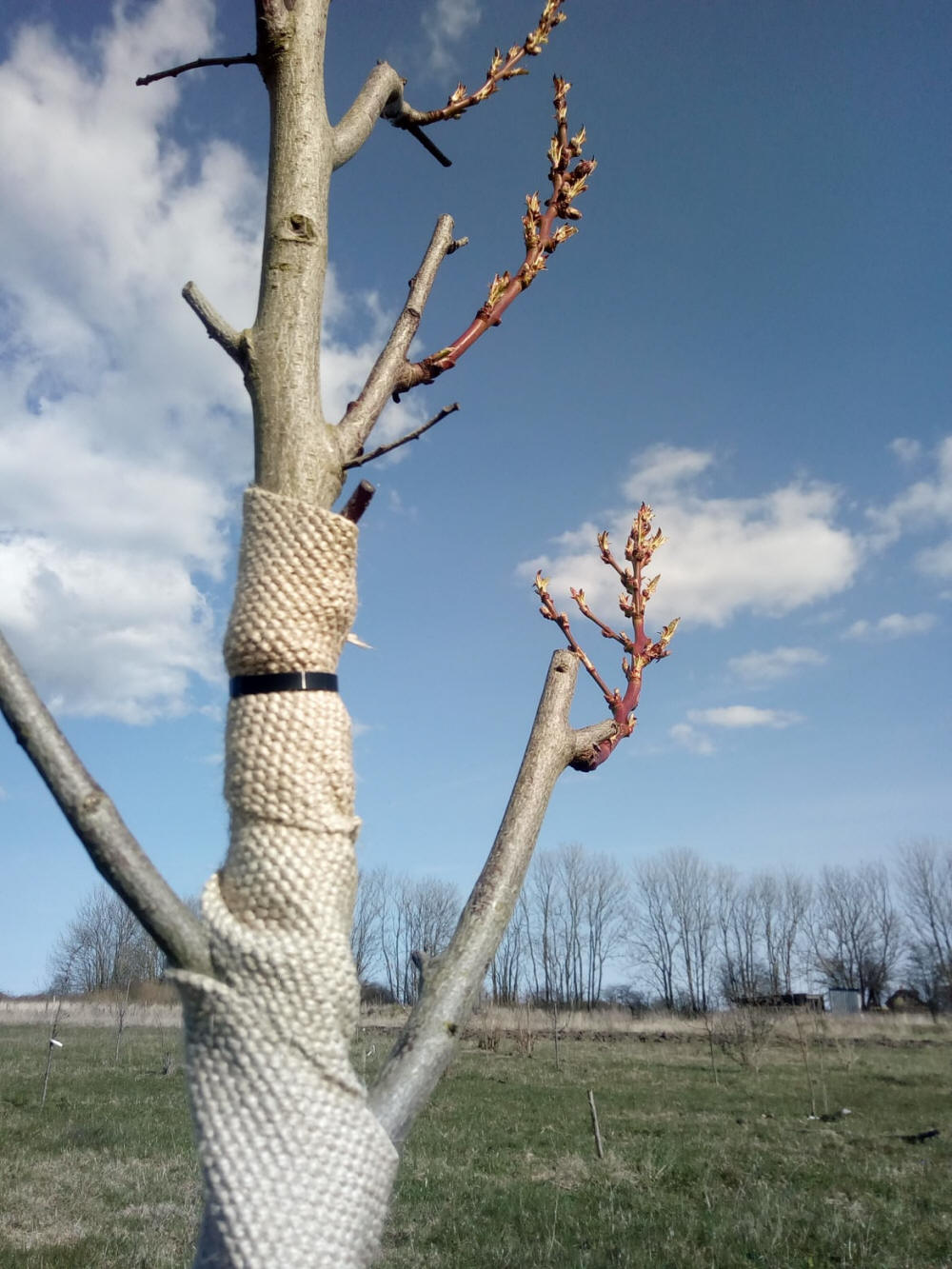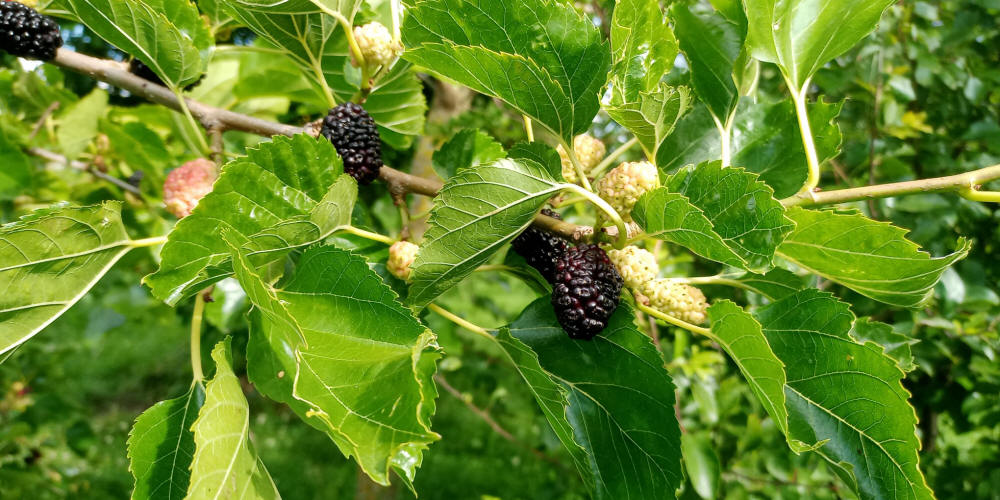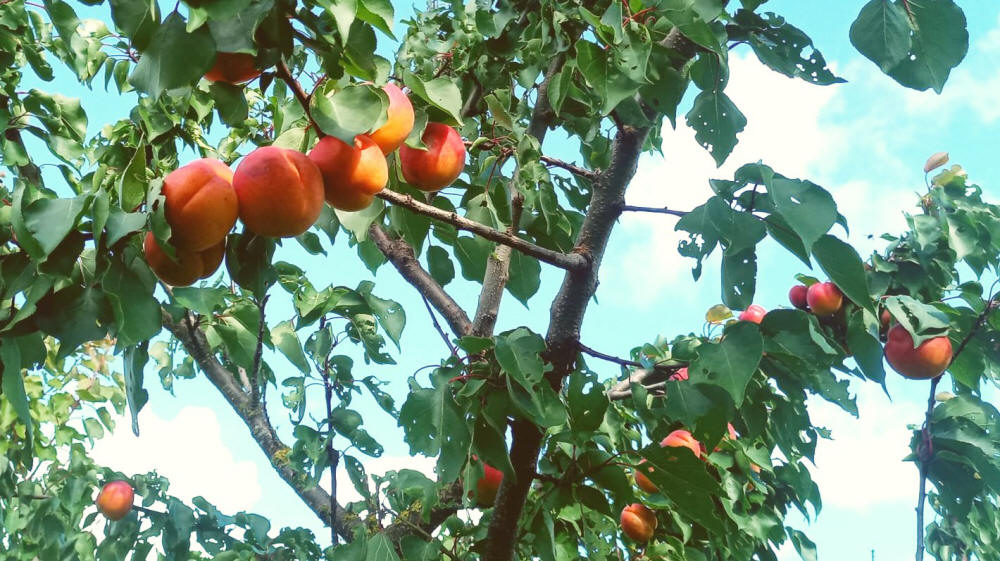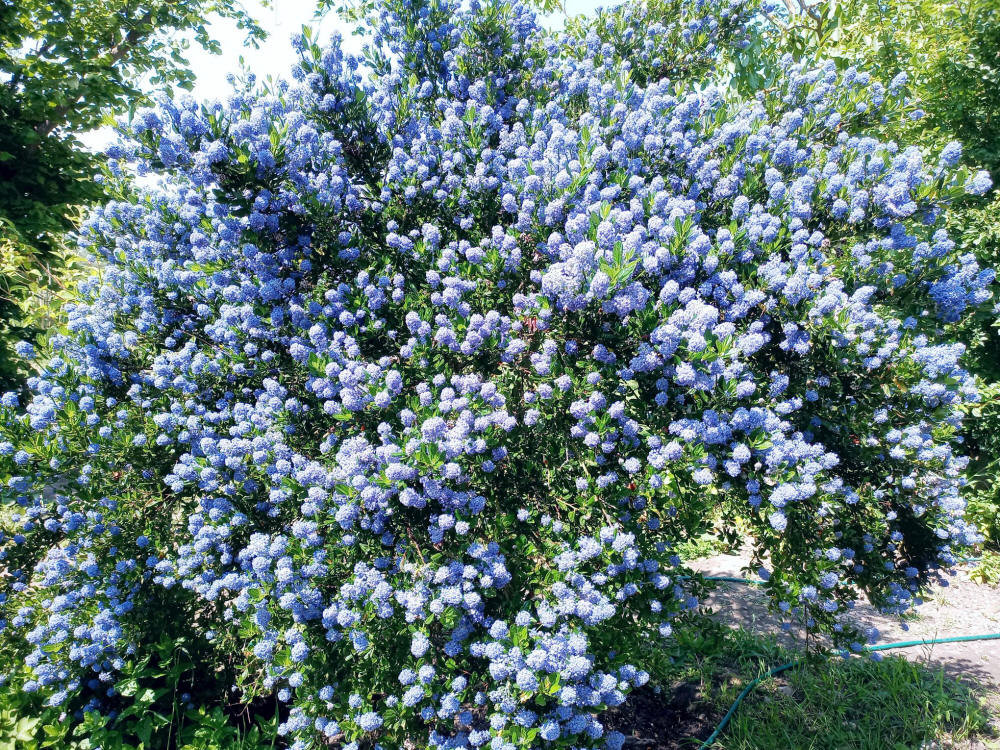| |
|
|
overview |
A brief overview of the climatic
conditions on Ven, where our garden is located, in relation to
other factors. Typically, our climatic classification falls
between zone 6 - 8/9 on the USDA scale, primarily contingent upon
the level of wind protection. |
| temperature |
During winter, temperatures remain
relatively mild, fluctuating between -3 and +5 degrees. While
there are occasional extended periods of cold lasting up to two
weeks, wherein temperatures may drop continuously below zero, we also
experience warmer spells above zero, which induces peach
blossoms to emerge in February.

we tried to mitigate the warming and cooling by the method i
have seen in Korea with poor results. We gave up growing peaches
|
| Autumn |
Autumn is characterized by mild
temperatures, whereas spring can be rather harsh due to the
influence of the adjacent sea. |
|
Spring |
Spring begins with chilly temperatures,
but as the sun's intensity increases, objects, such as tree
trunks, undergo a considerable warming during the day. However, during the
night, temperatures cool down to approximately -2 to -3 degrees.
Our recorded extreme low temperature was -11 degrees on a single
night. |
| wind |
Two prominent features of our climate
include strong winds and significant temperature fluctuations,
particularly during spring when the sun's impact is particularly
robust. |
| soil |
Regarding the soil composition, it is primarily classified
as clay-based of the best quality, according to the Swedish soil
classification, albeit with a scarcity of humus and organic
matter. The topsoil and subsoil layers encompass a mixture of
clay and humus, with a depth ranging from 30 to 80 cm. Below
lies a parent material, characterized by compact clay. I |
| Ground water |
The ground water is a problematic areas.
The slopes are generally 20-30 meters. In certain areas beneth
clay there is a gravel what results that water seeps out to the
sea. See the "leak" layer.

On the ohter side in some locations there exist deeper
indentations in the clay water is collected beneth what cause
plants to wither unexpectedly due to the wetlogg condition, much to the astonishment of any diligent
gardener. |
| percipitation |
The annual precipitation on Ven totals approximately 550 mm,
distributed unevenly throughout the year with rainy summers,
particularly in August, and dry, chilly springs.

percipitation on Ven |
| water conditions |
Spring is generally a drier season from March to May, with
precipitation ranging from 20 to 40 mm. To counterbalance the
sporadic water supply, we collect and reserve water. However,
the lack of sufficient conditions for groundwater exacerbates the situation.
Due to the impermeability of clay, excessive water fails to
penetrate, while prolonged dry periods result in insufficient
water supply.
|
| some temperature indicative plants |
figs bear fruits in protected area,
against a wall
(although mature fruiting is impeded in open spaces)

we like very mature fruits and to protect them from insects we
wrap them in a bag. |
| |
morus, grows and give fruit without any
problems |
| |
grapes protected areas to facilitate
maturing of fruits.
 |
| |
 apricots
in open space apricots
in open space |
| |
 ceanothus
in open ceanothus
in open |
| some measures we
have taken to counteract adverse conditions. |
We dug in
approximately 50 cubic meter of organic material and covered
with 1 m or earth.
we have excavate water reservoirs approximately 200 cubic meter
In some areas we have planted a dense vegetation what created a
protected microclimate. We will continue this successful
measures. |
plants purchases abroad
www.esveld.nl shippment by
DPD hight 150 cm
weight up to 30 kg |
 |
